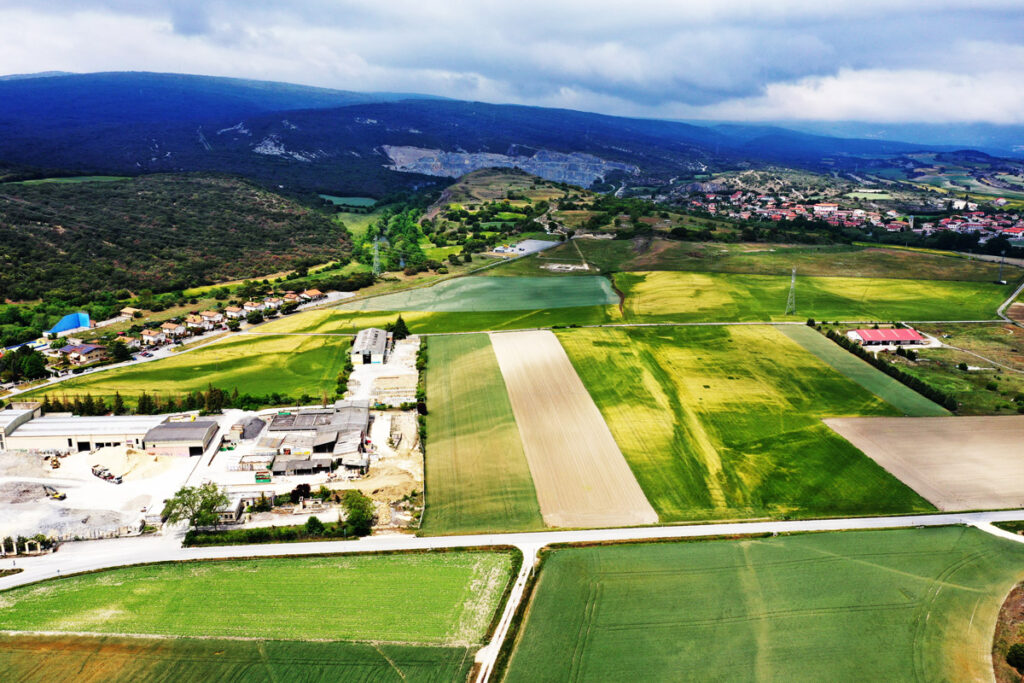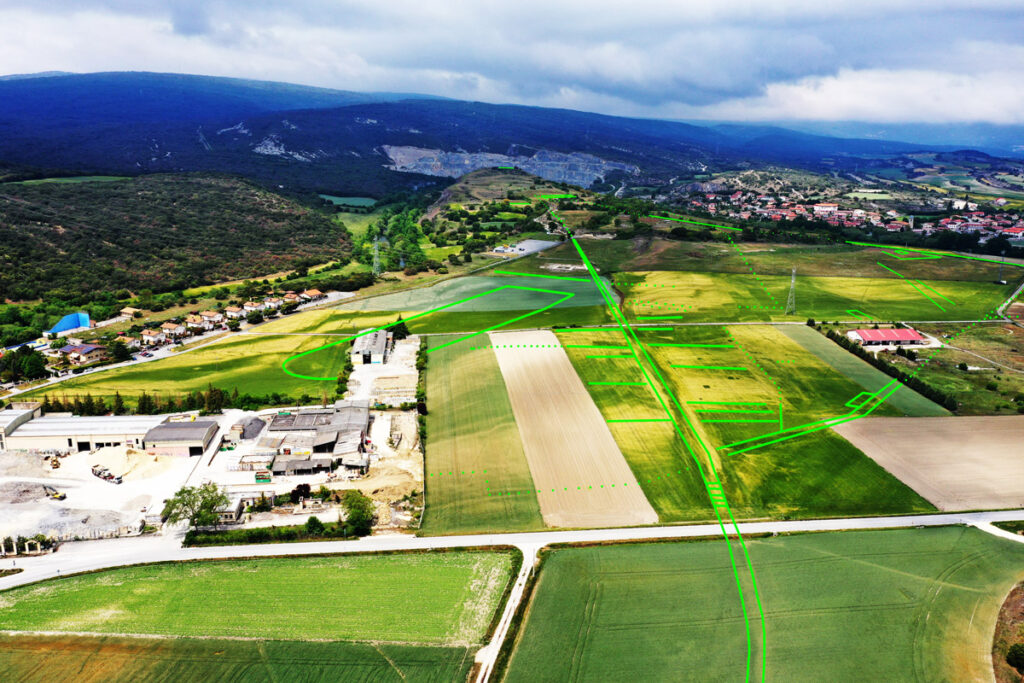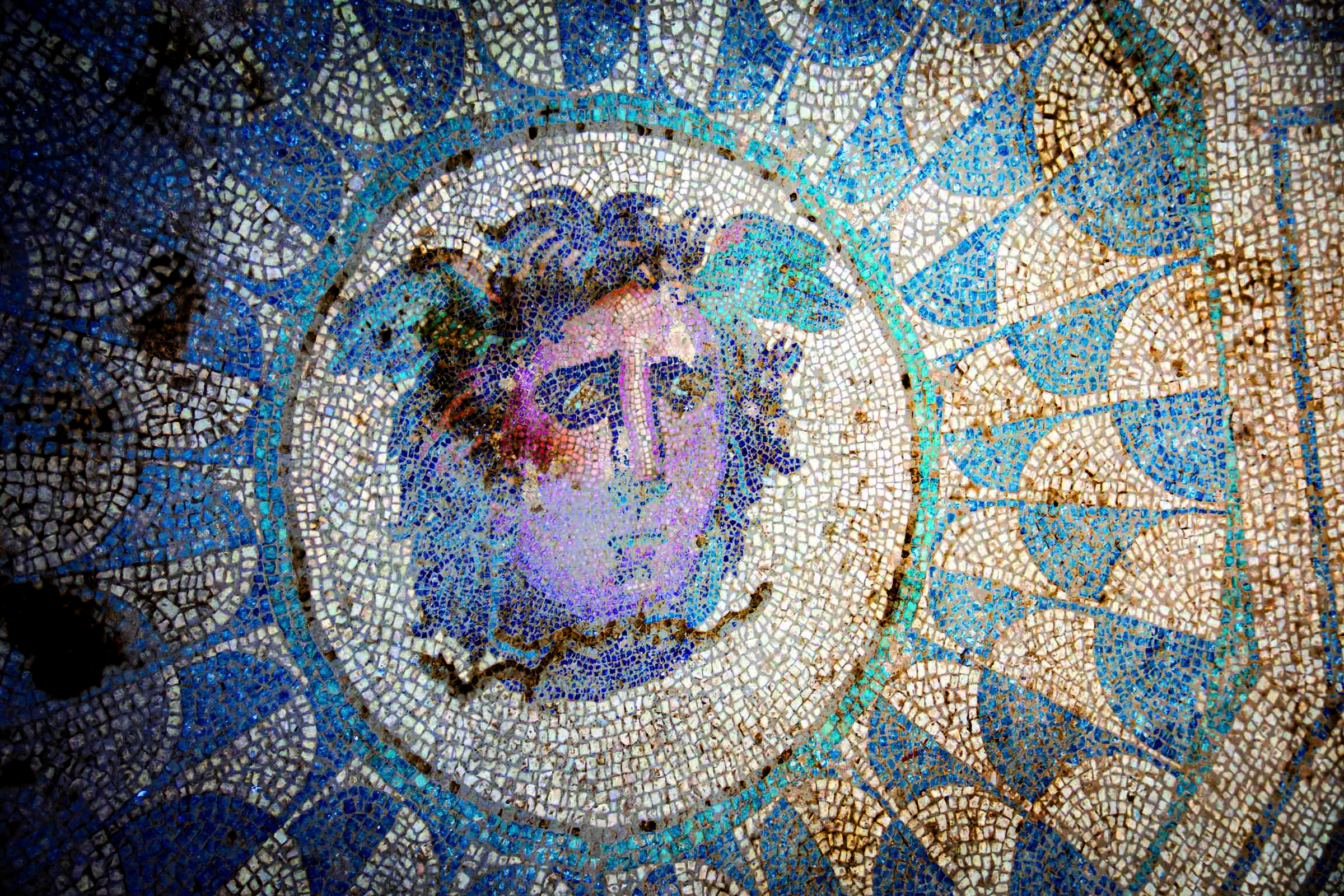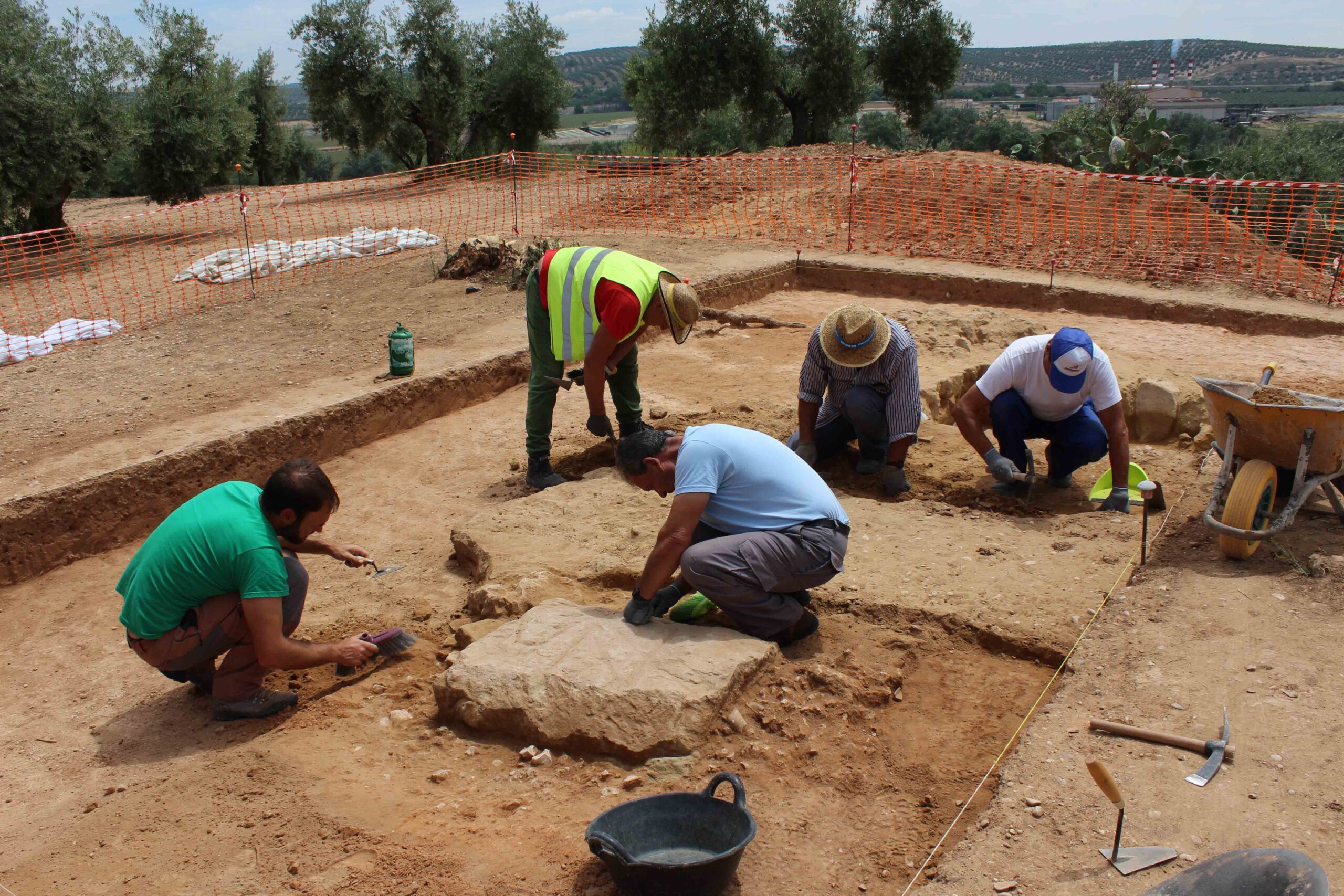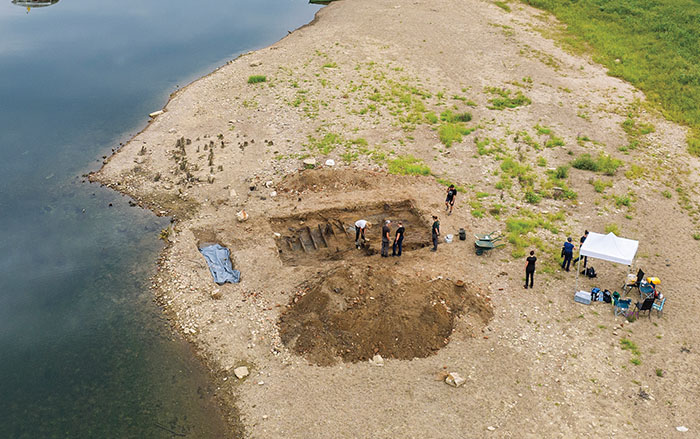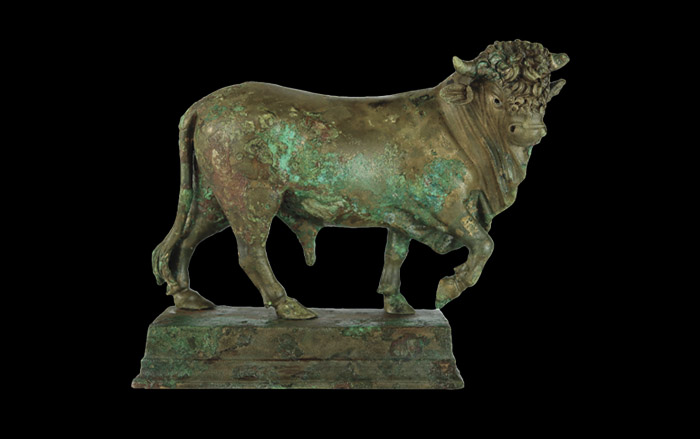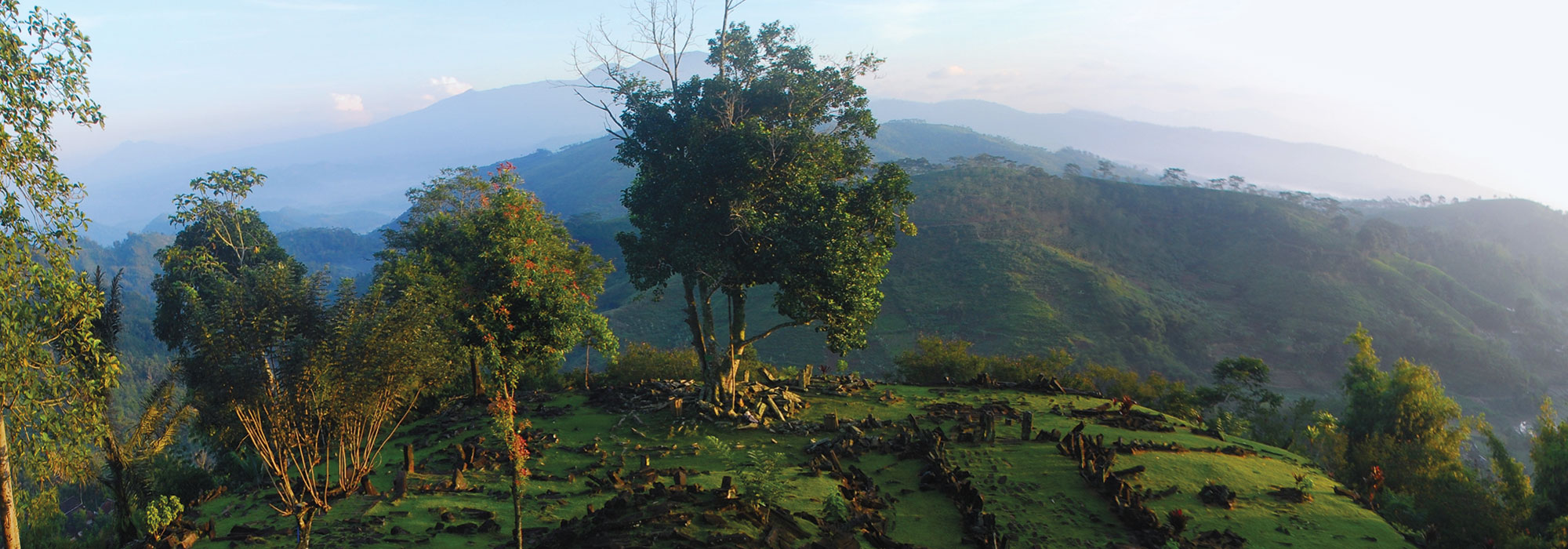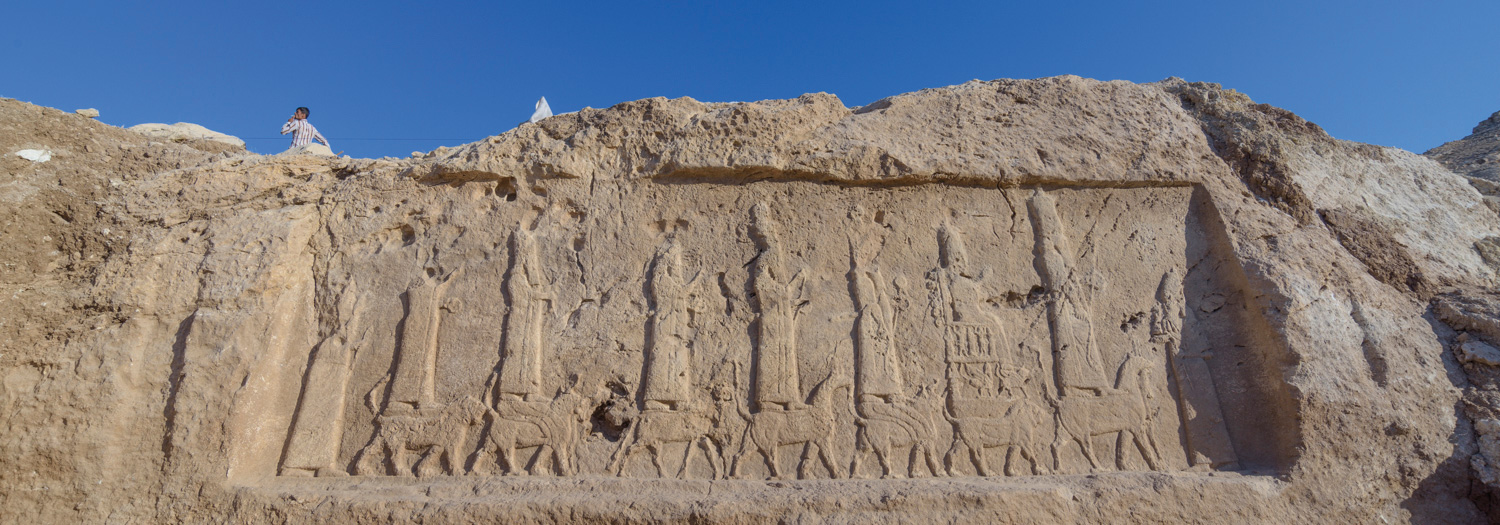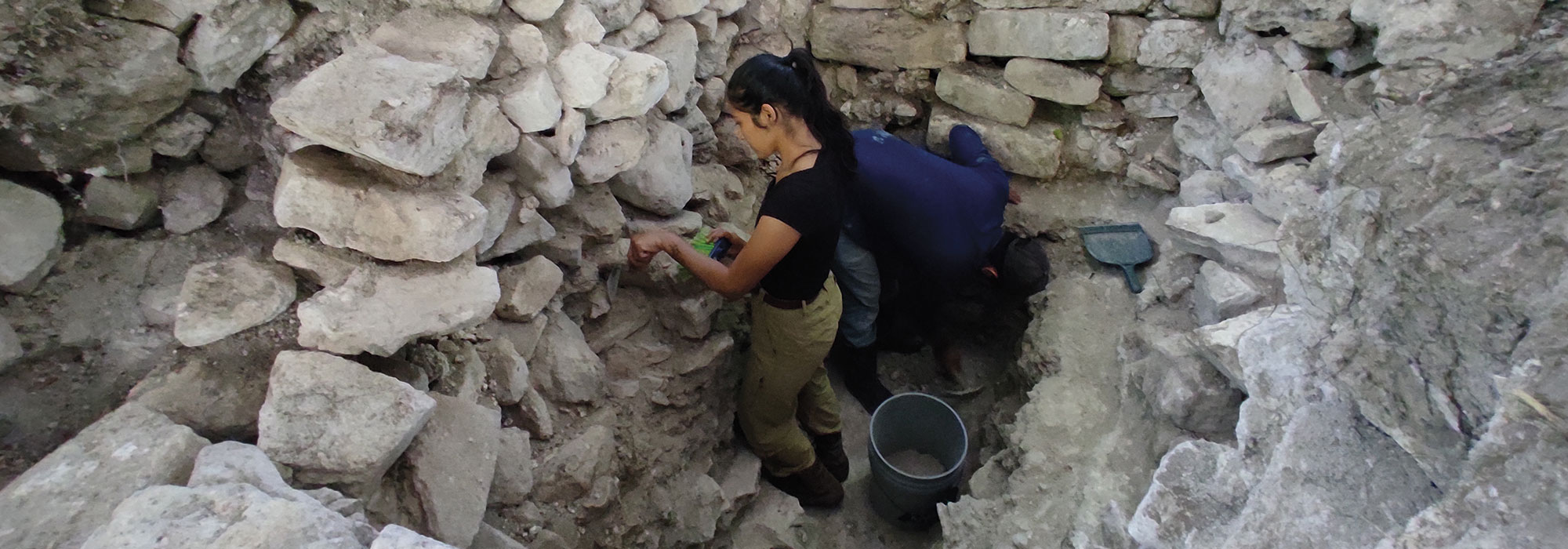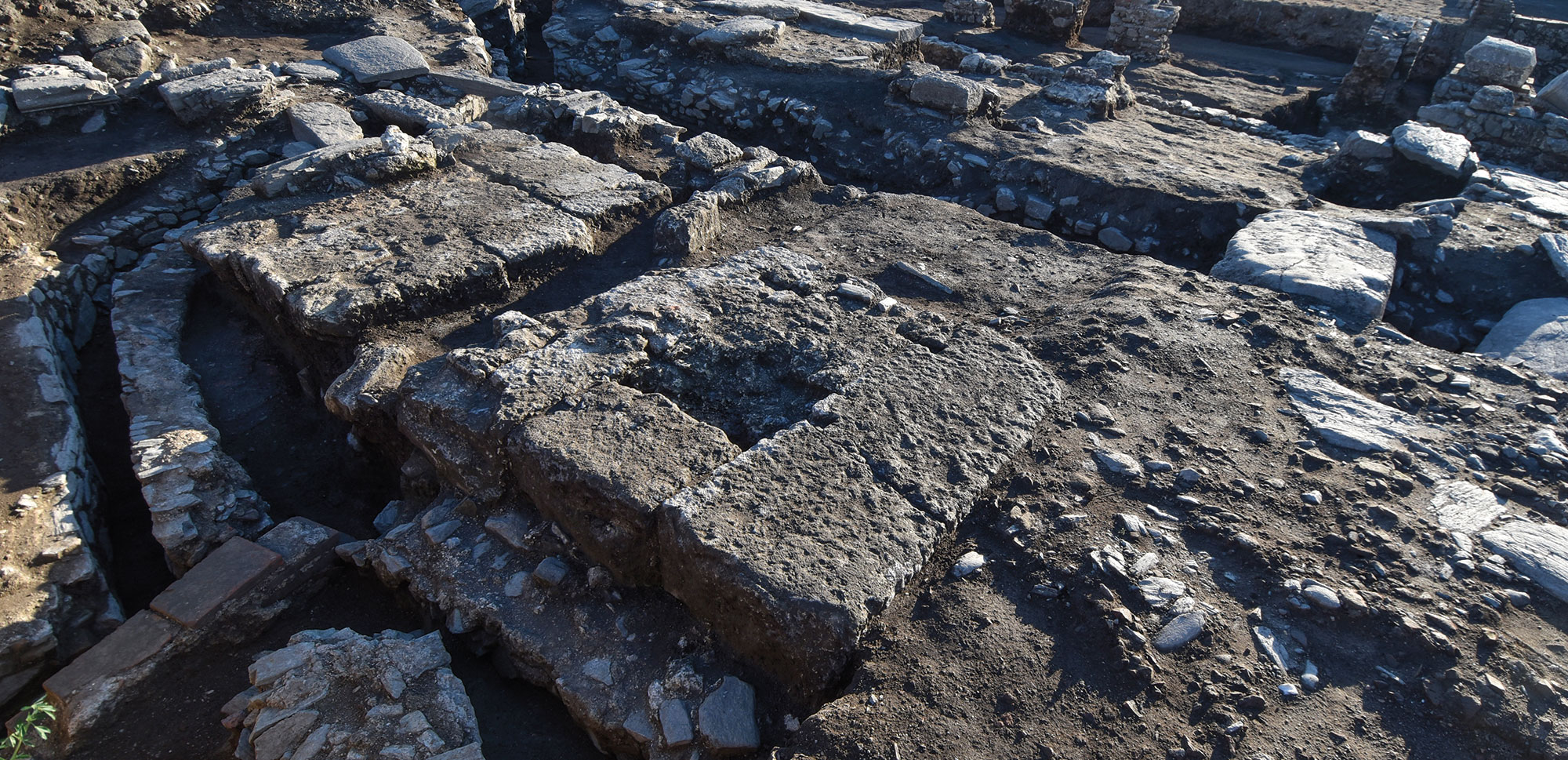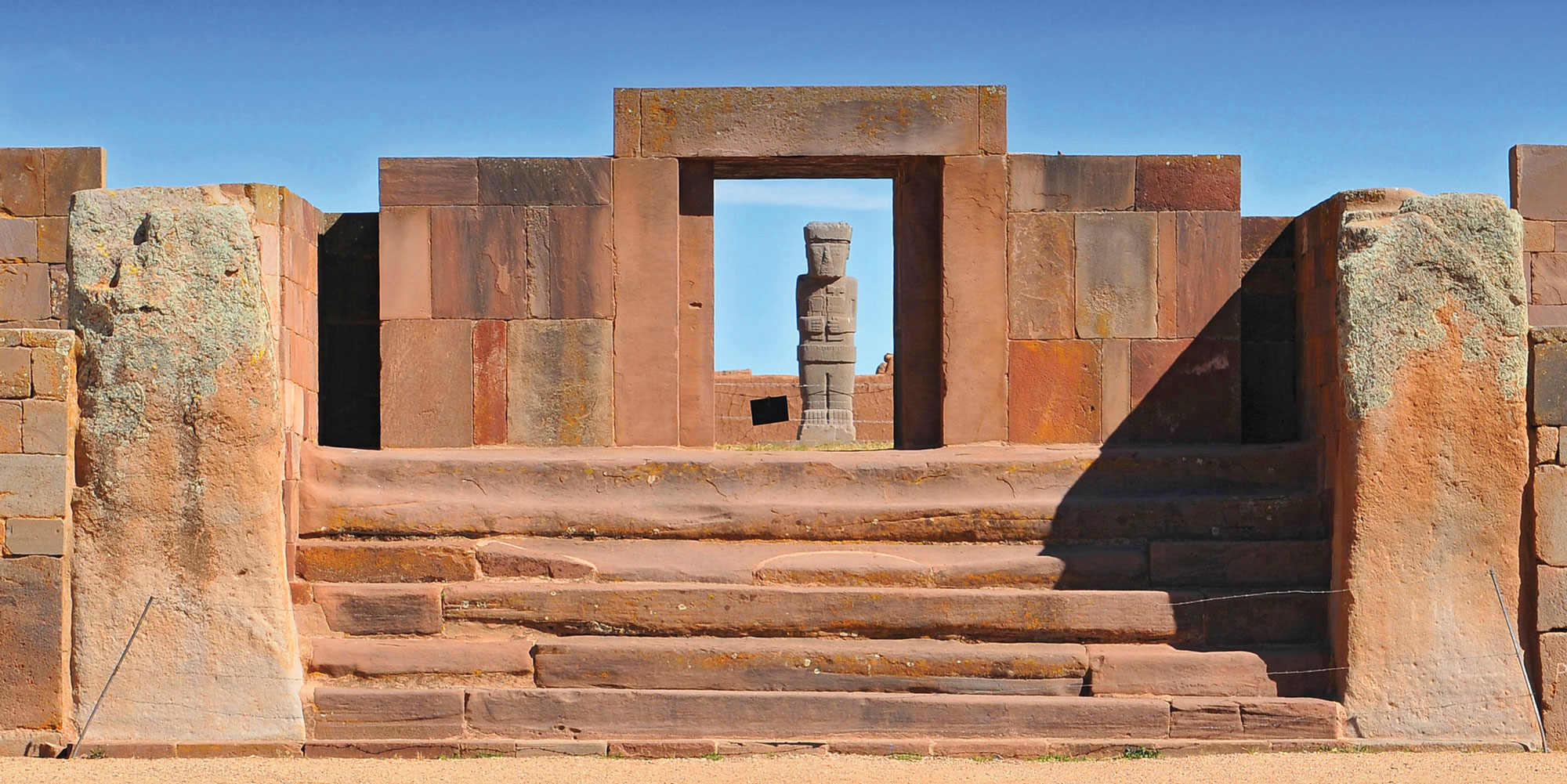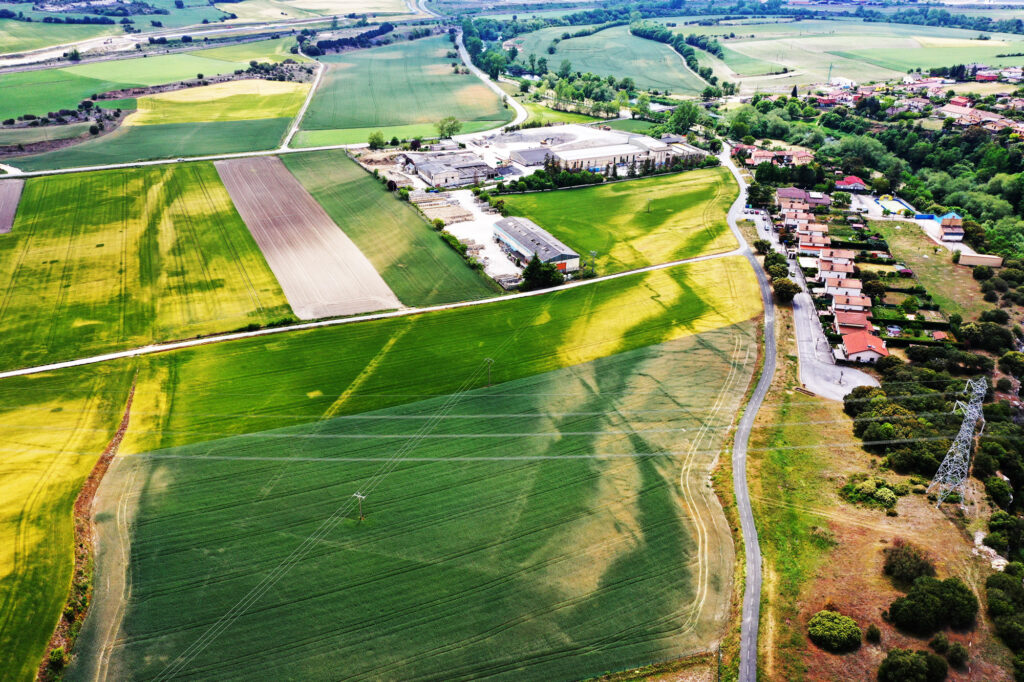
ÁLAVA PROVINCE, SPAIN—Newsweek reports that a 920-foot-long, 235-foot-wide circus for chariot racing has been discovered at the site of the Roman city of Iruña-Veleia. The ancient city which was located along the ancient Roman road connecting Astorga, Spain, and Bordeaux, France, in what is now northern Spain’s Basque Autonomous Community. The circus was spotted through a review of historical and modern aerial photography, drone photography, and a Lidar remote-sensing survey conducted by the company Arkikus. Although the circus has not been excavated, the researchers suggest that it may have accommodated some 5,000 spectators. The circus is the third to be found in the northern half of the Iberian Peninsula. Several buildings, streets, squares, neighborhoods, water supply infrastructure, and possible religious structures were also detected at the site during the investigation. To read more about chariot racing in the Greco-Roman world, go to "The Story of the Horse: Sport and Spectacle."
